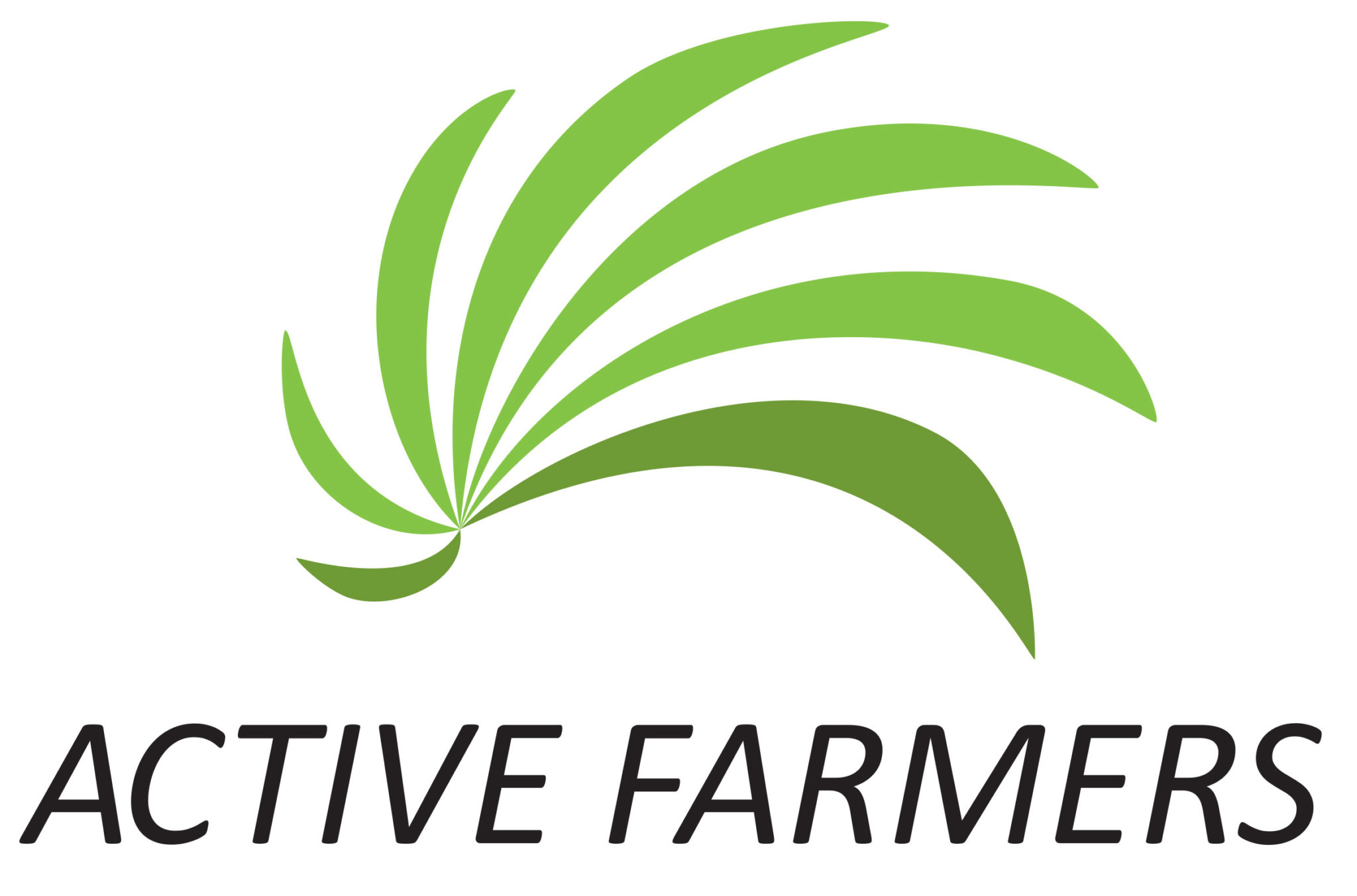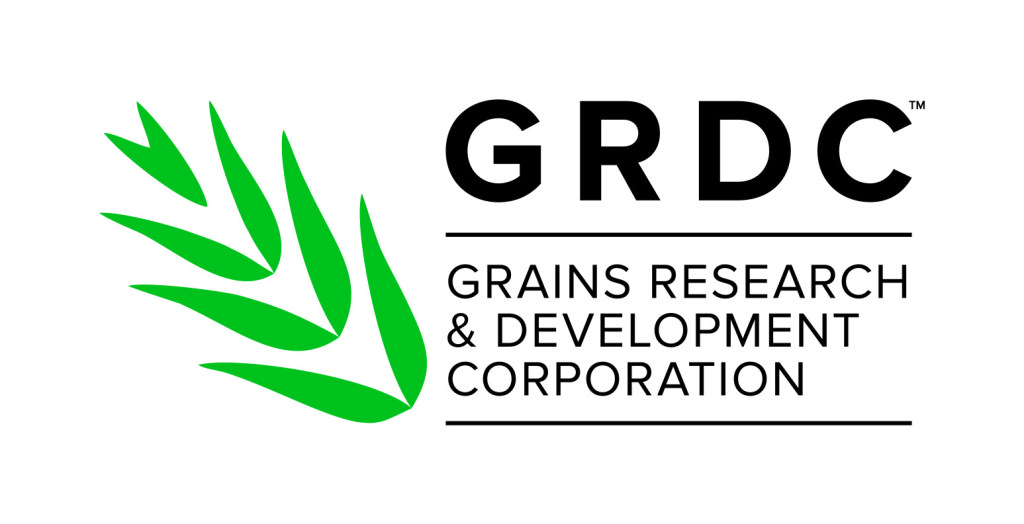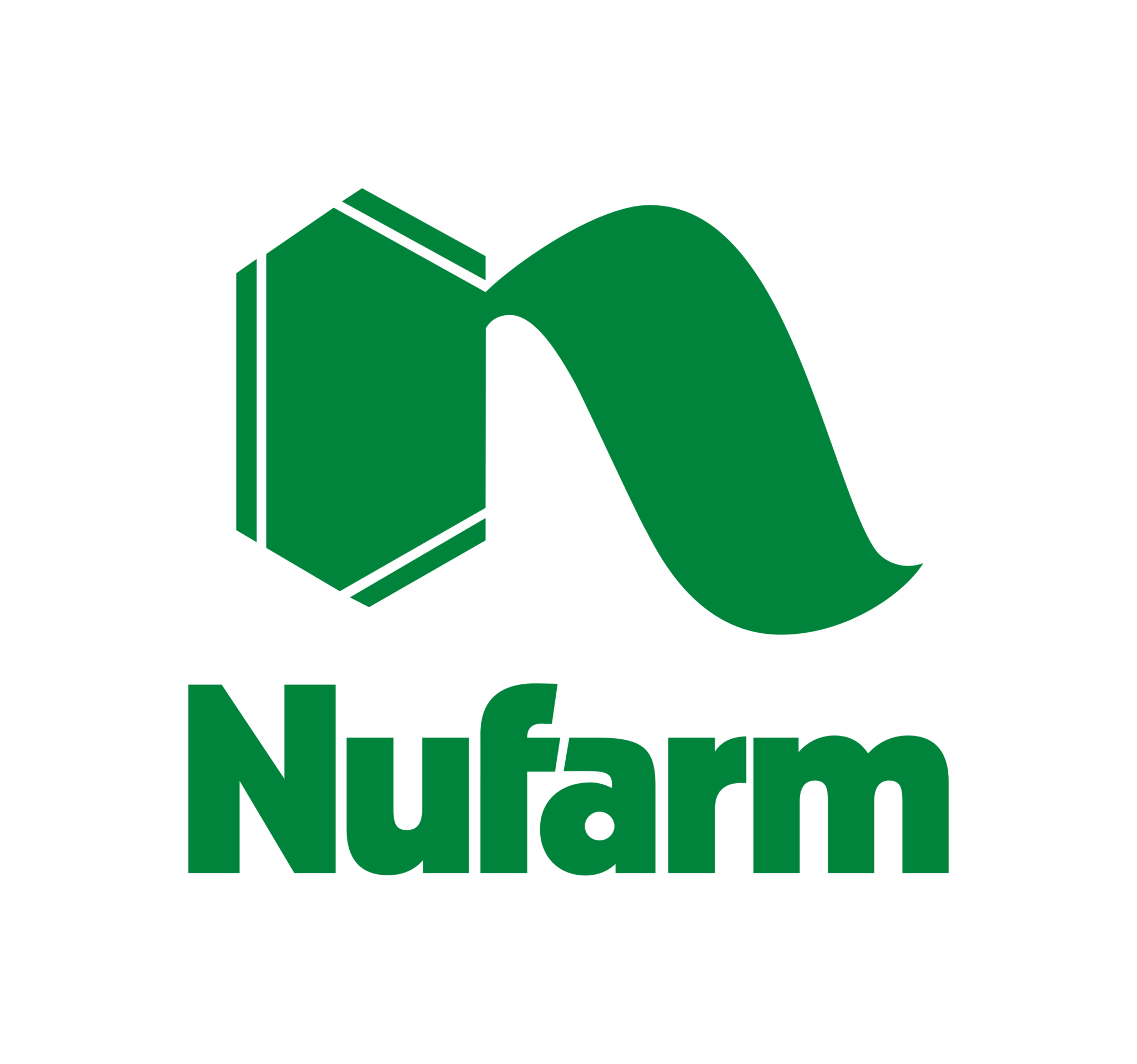Last week, Rivergum Communications attended the Australian Grains Industry Conference (AGIC20) – from the kitchen. Normally, this event is an opportunity for the grains community to come together and discuss global supply and demand, the value chain and innovations in production and processing. It is a wonderful opportunity to catch up, engage and collaborate with …
MoreAustralian agriculture is facing challenges and questions that it is not always that well accustomed to dealing with.
Farming practices, agribusiness operations and food production processes can be misrepresented by agendas that are not always aligned with the facts. Activists use and promote information that is not always accurate. Sometimes mainstream media reports and perpetuates information that is not factual.
This phenomenon has given rise to the word ‘misinformation’, representing scenarios where an incorrect piece of information comes to be accepted as fact. Think of the classic urban myth.
In the farming space, examples include the belief that organic food is produced without any chemicals. Or that added hormones are still used in the production of chicken meat.
In both instances, it may be that there was no deliberate intent to mislead initially. It is also likely that there are some that could correct the record, but they are disinclined to do so if it suits an alternate agenda.
Either way, incorrect information is reported and promoted across trustworthy sources that audiences are inclined to believe.
The opinions of the individuals and communities within we operate are important. However, it is imperative that these opinions are informed by and based on the truth, not supposition.
As producers, suppliers and distribution agents across the Australian agriculture industry we have an opportunity to correct these misunderstandings, even if it is one conversation at a time.
It can start to counteract the echo chamber of social media and search algorithms.
In this environment it is very easy to lose control of a discussion if there is a lack of leadership and stated facts. Businesses and industries can be better prepared to mitigate the damaging effects of misinformation.
Agricultural industry bodies and organisations need to be proactive and take control of their message before it is taken away from them; to show leadership and minimise the damaging effects of incorrect ‘facts’ as they are disseminated.
By sharing stories about how we operate and why we do things the way we do, we can engage with those who might be further away from the day-to-day realities of farming, as long as we do this in a way that makes sense for them.
We can all correct misinformation when we come across it, and it is important that we do so. Check your facts, then use them confidently.















